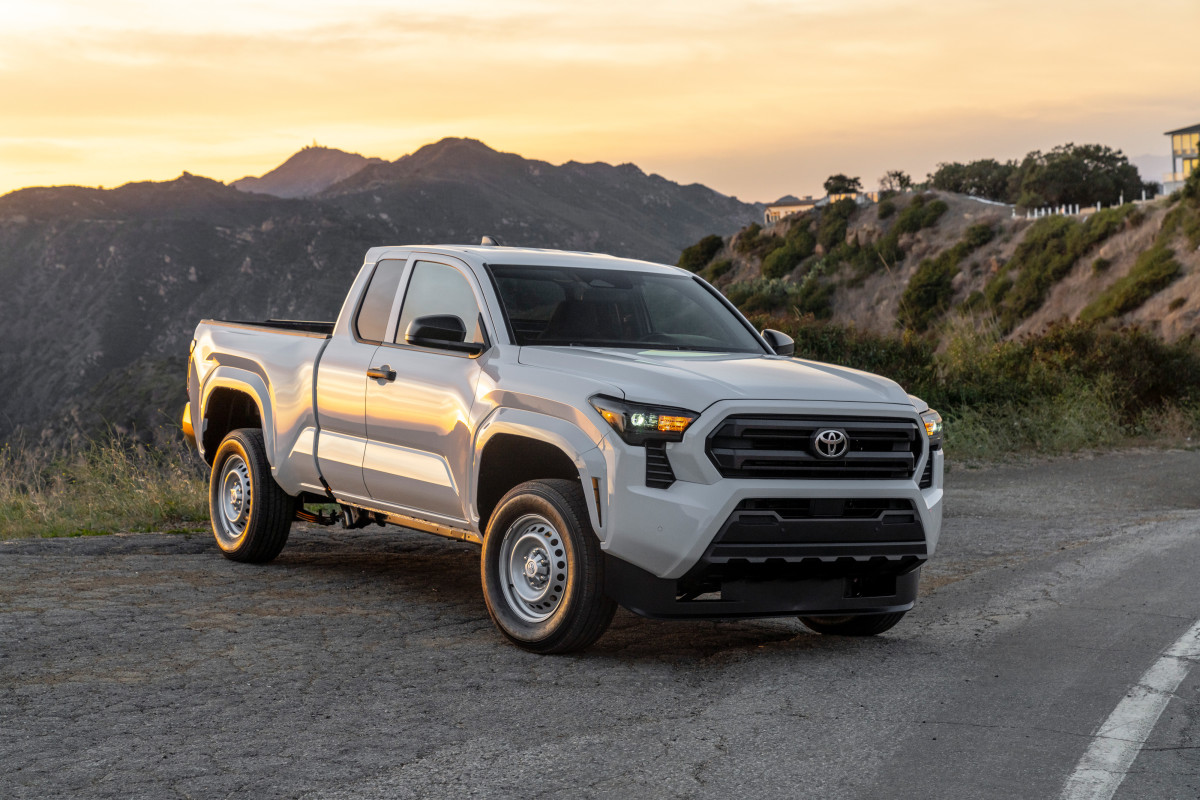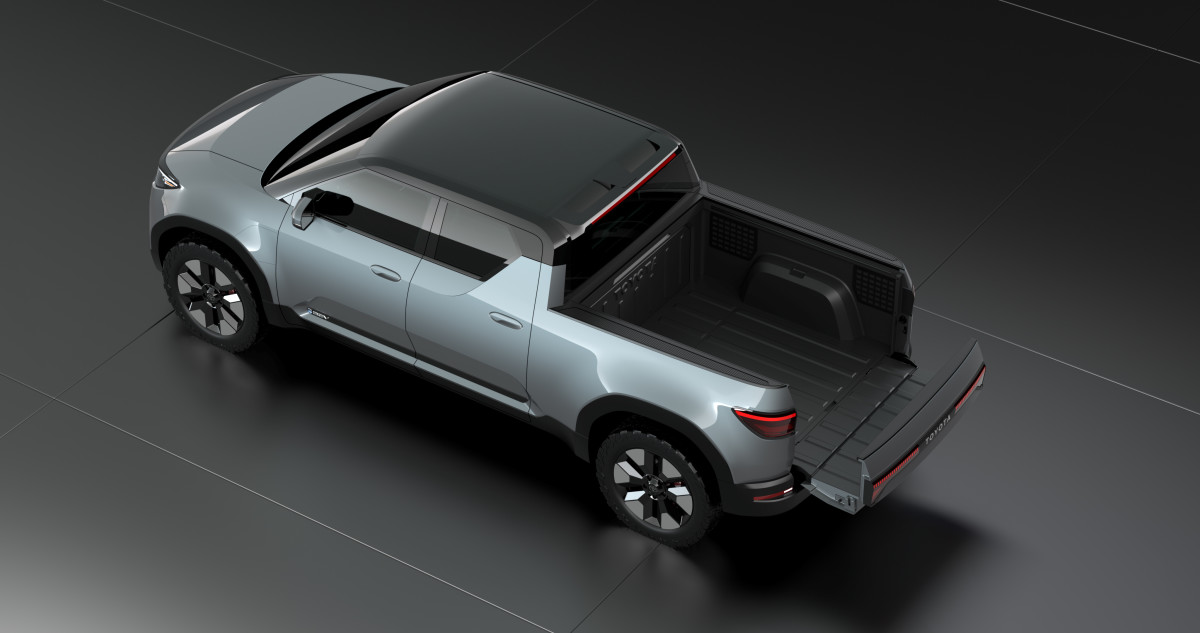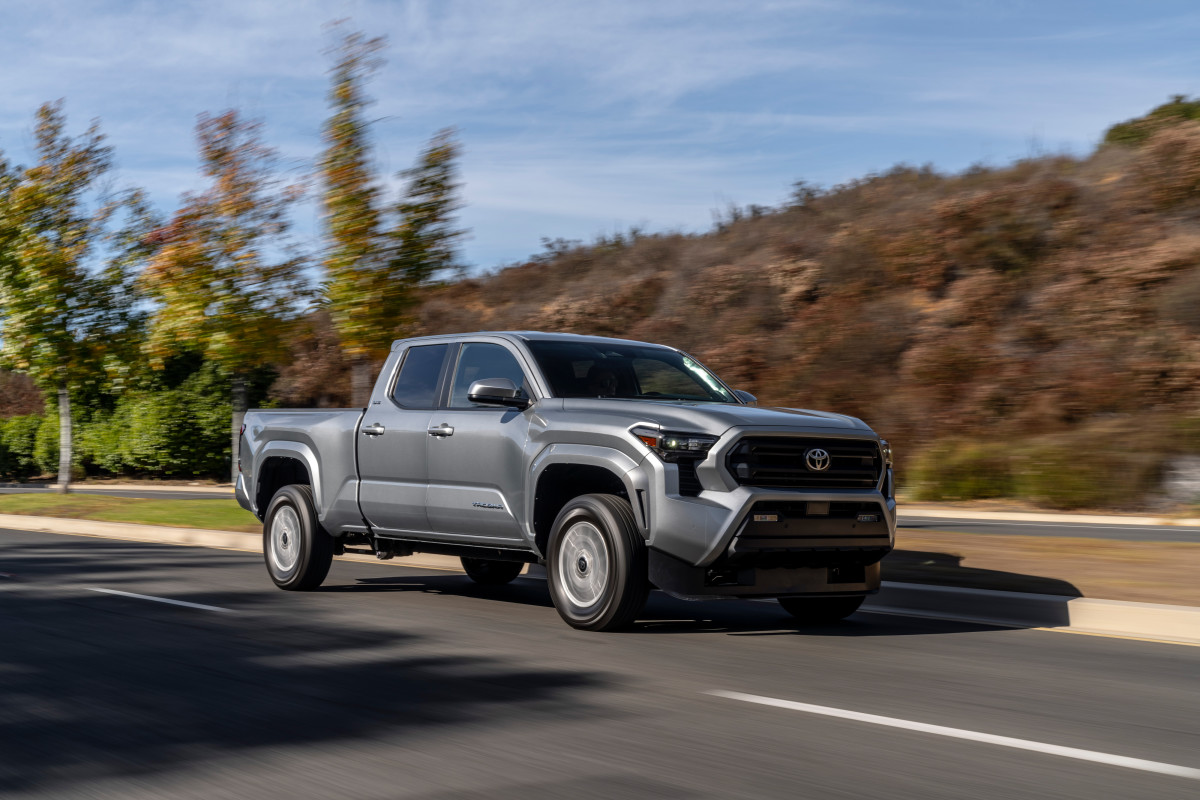Ford and Hyundai have succeeded in the compact truck segment — could Toyota be next?
Small trucks have had a bumpy history in the States. However, lately, some automakers have found success with smaller-than-usual offerings, including Ford’s Maverick and Hyundai’s Santa Cruz, both of which are small pickups. The small truck segment could grow even more with the Bezos-backed Slate pickup, albeit its existence has become a lot more uncertain in the last few weeks as EV incentives go the way of Amelia Earhart. Then, we get to Toyota. Recent reports coming from Automotive News seem to indicate Toyota may still bring a tyke-sized truck to the US market, and it might not be the truck you expect it to be.
2025 Toyota Tacoma SR Toyota
View the 2 images of this gallery on the
original article
A smaller Toyota truck would not share much with existing Toyota truck offerings
While the current Toyota truck lineup in the US features solely body-on-frame construction, the prospective addition to the family would likely be based on the RAV4. Automotive News reports that Toyota Motor North America is still “studying” a compact unibody-based pickup for the US market. They also confirm that the Corolla-based and electrified truck that Toyota is selling in Brazil is decidedly “too small” for the US. Disappearing incentives/rebates and tariffs are also likely contributing factors as to why we won’t get that smaller pickup.
Toyota EPU Concept Toyota Europe
View the 2 images of this gallery on the
original article
A truck built on the TNGA-K platform — which underpins the RAV4, Camry, Sienna, and others — means staying more than competitive with other small truck offerings. The Grand Highlander, a TNGA-K vehicle, can tow up to 5,000 pounds, which is 1,000 more than what the Maverick can muster. Considering even the three-row Grand Highlander is only two inches longer than the Maverick, the platform’s size would be right on the money, too. Although at one point speculation pointed towards electrification, that plan — if there ever was one — is almost certainly scrapped in the face of loosening EPA regulations and dashed EV rebates. In the US, anyway, as Europe is a different story. Automotive News thinks 2028 would be the earliest we’d see the hypothetical truck.
A new small truck fits Toyota’s goals like a glove
In related chats with Ted Ogawa, Toyota North America CEO, Automotive News uncovered additional pieces of the puzzle that might point towards a tinier truck alternative. “When we talk about affordability, the key is the entry segment,” Ogawa says. “So, in our lineup, that means Corolla and Corolla Cross.” That covers the small SUV and sedan segment; why not bring in an “entry segment” truck to round things out? Another priority of Ogawa’s — and, realistically, all automakers — is getting the most bang per buck at a platform level. “Products must be refreshed, but the platform can be extended,” he tells AN.
There’s one last intimation we glean from the Ogawa interview. “Toyota’s basic policy is to build where we sell and buy where we build,” he starts. Later, we get a real-world example. “In the case of the Corolla sedan, currently the internal-combustion version is built in Mississippi. But the hybrid is built in Japan, because that plant is more competitive for that product.” We can’t imagine any market more ready to chomp at the bit for an affordable, small Toyota pickup than the US. The Slate hype — which may have, ultimately, been just that — was all the evidence we needed.
2024 Toyota Tacoma SR5 Toyota
View the 2 images of this gallery on the
original article
Final thoughts
New Toyota truck rumors have persisted for years. Ford moved 48,041 Mavericks in just the second quarter of 2025. Arguably more importantly, a whopping 60% of Maverick buyers were new to the brand. Some of those customers inevitably migrated from Toyota, and that’s got to hurt. We think the chances are high that Toyota wants to bring a competitor to the market. It’s just a question of when, and whether or not 2028 will be too late.